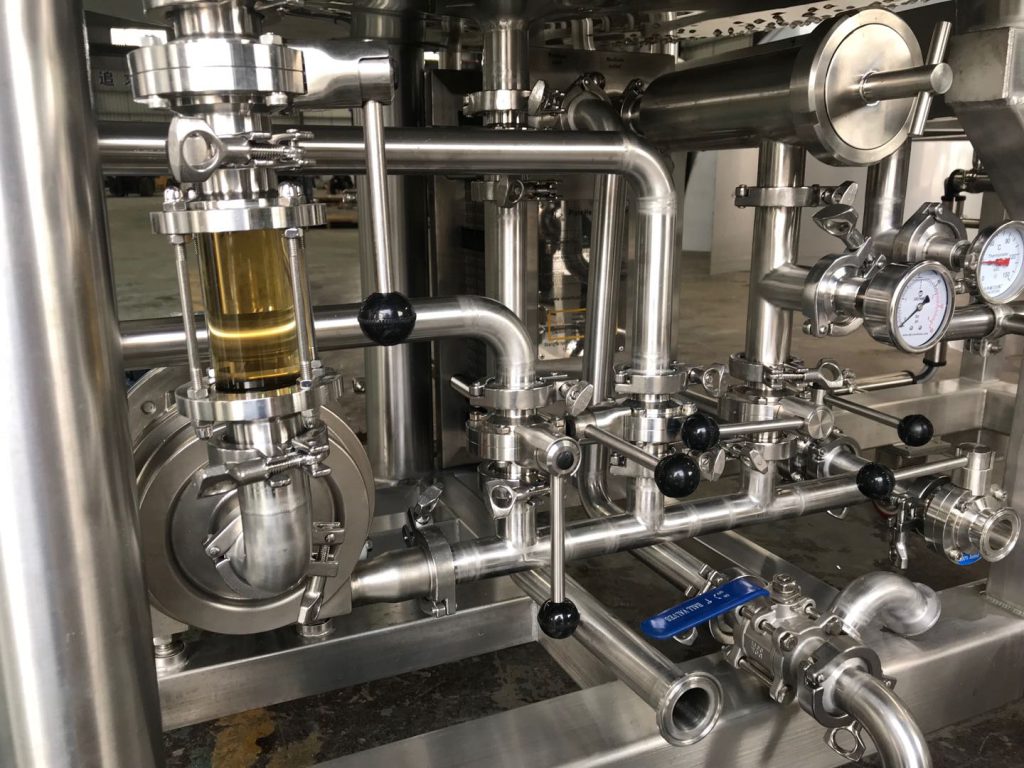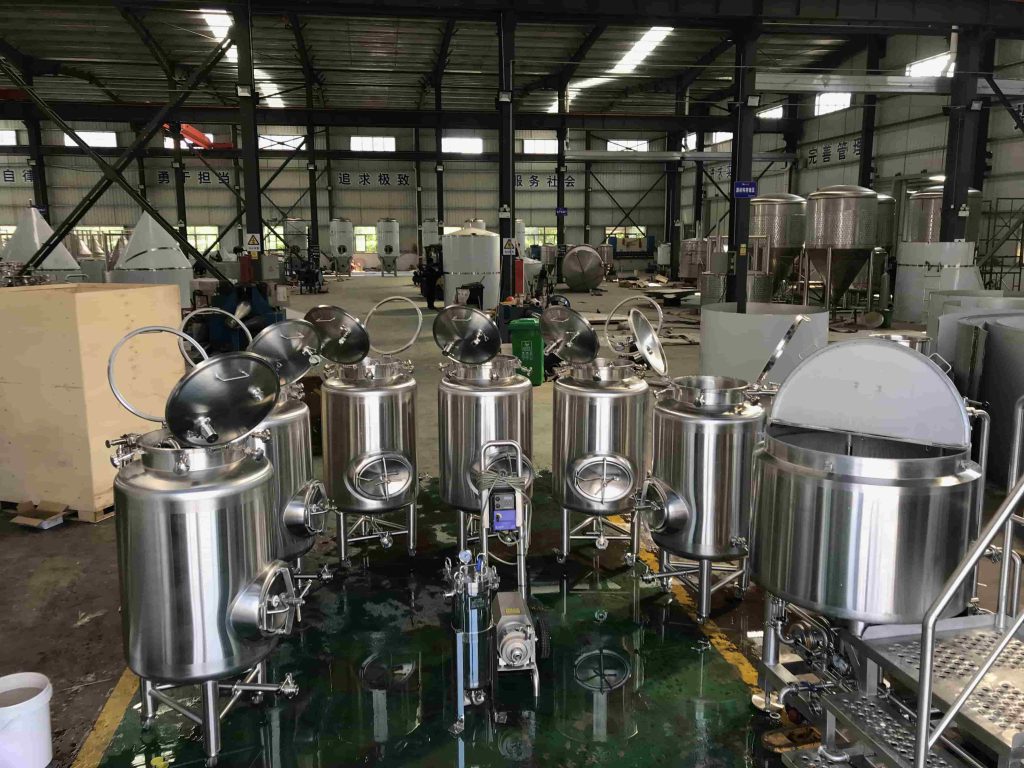Introduction

Kombucha, a fermented tea beverage, has gained immense popularity due to its unique taste and potential health benefits. To ensure the best quality and flavor, the choice of fermenter plays a crucial role. Stainless steel kombucha fermenters have emerged as a preferred option for enthusiasts and commercial brewers alike. In this blog post, we explore the reasons behind their popularity and how they contribute to enhancing the flavor and quality of kombucha.
The Benefits of Stainless Steel Kombucha Fermenters
- Durability and Longevity
Stainless steel fermenters are renowned for their durability and longevity. Unlike other materials like glass or ceramic, stainless steel is highly resistant to corrosion, scratches, and dents. This durability ensures that the fermenter remains in optimal condition for extended periods, preserving the integrity of the fermentation process.
- Temperature Control
Maintaining consistent temperature is crucial for successful kombucha fermentation. Stainless steel fermenters excel in temperature control due to their excellent heat conductivity and ability to retain heat evenly. This ensures that the kombucha culture remains at the ideal temperature throughout the fermentation process, promoting healthy SCOBY growth and flavor development.
- Hygiene and Ease of Cleaning
Hygiene is paramount in kombucha brewing to prevent contamination and ensure a high-quality end product. Stainless steel fermenters are non-porous and easy to clean, making them highly sanitary vessels for fermentation. Their smooth surface inhibits bacterial growth and allows for thorough cleaning, reducing the risk of off-flavors or spoilage.
- Airtight Sealing
Proper sealing is essential to prevent oxygen exposure during fermentation, which can lead to off-flavors and compromise the quality of the final product. Stainless steel kombucha fermenters often come with airtight lids or seals, ensuring a controlled anaerobic environment ideal for fermentation. This airtight sealing mechanism helps to preserve the flavor profile and integrity of the kombucha throughout the fermentation process.
- Scalability and Efficiency
For commercial kombucha brewers or enthusiasts looking to scale up their production, stainless steel fermenters offer unmatched efficiency and scalability. Their robust construction allows for larger batch sizes without compromising on quality. Additionally, stainless steel fermenters are compatible with various accessories such as spigots, temperature probes, and sampling ports, further enhancing efficiency and convenience during the brewing process.
Stainless Steel vs. Other Fermenter Materials

When considering the best material for a kombucha fermenter, it’s essential to evaluate key aspects such as durability, temperature control, hygiene, airtight sealing, and scalability and efficiency. Let’s compare stainless steel with other common fermenter materials: glass and ceramic.
| Aspect | Stainless Steel | Glass | Ceramic |
|---|---|---|---|
| Durability | High | Fragile | Fragile |
| Temperature Control | Excellent | Moderate | Moderate |
| Hygiene | Excellent | Moderate | Moderate |
| Airtight Sealing | Excellent | Moderate | Moderate |
| Scalability and Efficiency | Excellent | Limited | Limited |
Conclusion
Stainless steel kombucha fermenters offer a myriad of benefits that contribute to enhancing the flavor and quality of kombucha. From their durability and temperature control to hygiene and scalability, stainless steel fermenters provide brewers with a reliable vessel for producing consistently high-quality kombucha. Whether you’re a homebrewer or a commercial producer, investing in a stainless steel fermenter can elevate your kombucha brewing experience and result in a superior end product.
FAQ
Q:Are stainless steel kombucha fermenters safe for brewing kombucha?
A:Yes, stainless steel kombucha fermenters are safe for brewing kombucha. They are non-reactive and do not leach any harmful substances into the brew.
Q:Can I use stainless steel fermenters for other fermented beverages?
A:Absolutely! Stainless steel fermenters are versatile and can be used for fermenting a wide range of beverages, including beer, wine, and cider.
Q:How do I clean a stainless steel kombucha fermenter?
A:Cleaning a stainless steel kombucha fermenter is simple. Use warm water and mild detergent to remove any residue, then rinse thoroughly. For stubborn stains, you can use a mixture of water and vinegar or specialized stainless steel cleaners.
Q:Do stainless steel fermenters require any special maintenance?
A:Not particularly. Stainless steel fermenters are low maintenance. Just ensure they are cleaned and dried thoroughly after each use to prevent any potential contamination.
Q:Can I ferment kombucha in other materials besides stainless steel?
A:Yes, you can ferment kombucha in glass, ceramic, or food-grade plastic fermenters. However, stainless steel offers unique advantages in terms of durability, temperature control, and hygiene.
In conclusion, stainless steel kombucha fermenters are a valuable investment for any kombucha brewer seeking to enhance the flavor and quality of their brew. With their superior performance and ease of use, stainless steel fermenters are sure to elevate your kombucha brewing experience.

